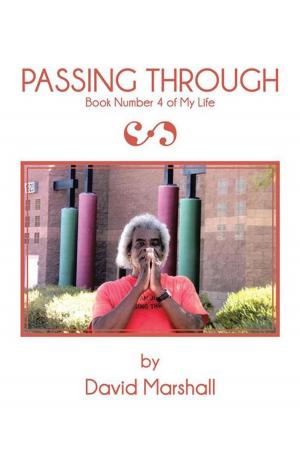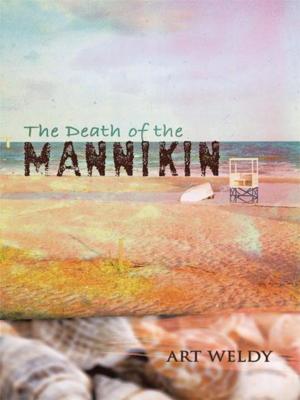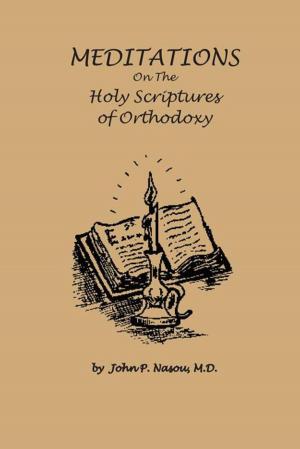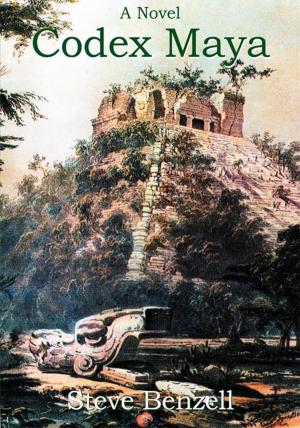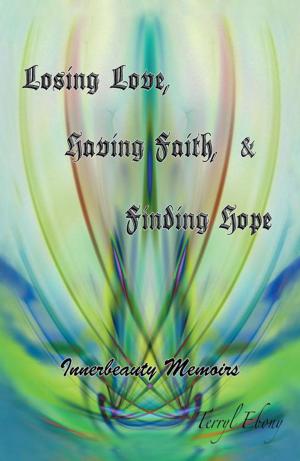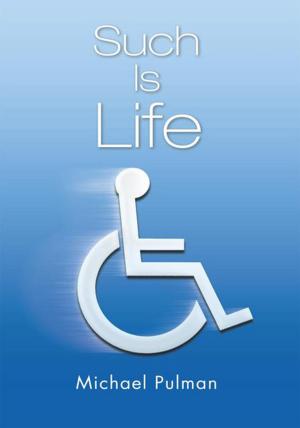How We Should Think
The Intersections of Philosophical Thought
Nonfiction, Religion & Spirituality, Inspiration & Meditation, Spirituality, Philosophy, New Age| Author: | P. D. Jacob | ISBN: | 9781490722405 |
| Publisher: | Trafford Publishing | Publication: | January 28, 2014 |
| Imprint: | Trafford Publishing | Language: | English |
| Author: | P. D. Jacob |
| ISBN: | 9781490722405 |
| Publisher: | Trafford Publishing |
| Publication: | January 28, 2014 |
| Imprint: | Trafford Publishing |
| Language: | English |
Thinking about thinking (commonly called philosophy) has occupied the minds and pens of many of historys most influential leaders. Philosophical thought has led to great achievements in the realms of ethics, benevolence, and social justice, as well as personal growth and spiritualism. How we think deserves our fullest attention. How we process information will either strengthen or weaken the communication highways (calcium filaments called dendrites) in our brains. Thinking constructively helps to build a physical brain structure, which will support positive actions and outcomes. Its not magic. Its not faith. Its biology! What did Confucius, Buddha, Plato, Aristotle, and Einstein have to say about mankinds search for truth, meaning, and happiness? How did they and other great thinkers interpret the world we live in? Lets pick some brains, and then see if we can connect the dots and draw some useful conclusions.
Thinking about thinking (commonly called philosophy) has occupied the minds and pens of many of historys most influential leaders. Philosophical thought has led to great achievements in the realms of ethics, benevolence, and social justice, as well as personal growth and spiritualism. How we think deserves our fullest attention. How we process information will either strengthen or weaken the communication highways (calcium filaments called dendrites) in our brains. Thinking constructively helps to build a physical brain structure, which will support positive actions and outcomes. Its not magic. Its not faith. Its biology! What did Confucius, Buddha, Plato, Aristotle, and Einstein have to say about mankinds search for truth, meaning, and happiness? How did they and other great thinkers interpret the world we live in? Lets pick some brains, and then see if we can connect the dots and draw some useful conclusions.



